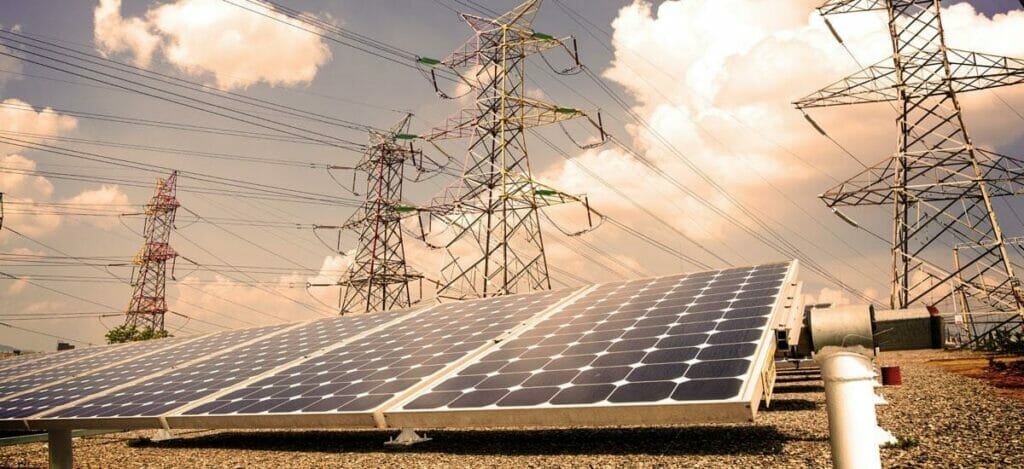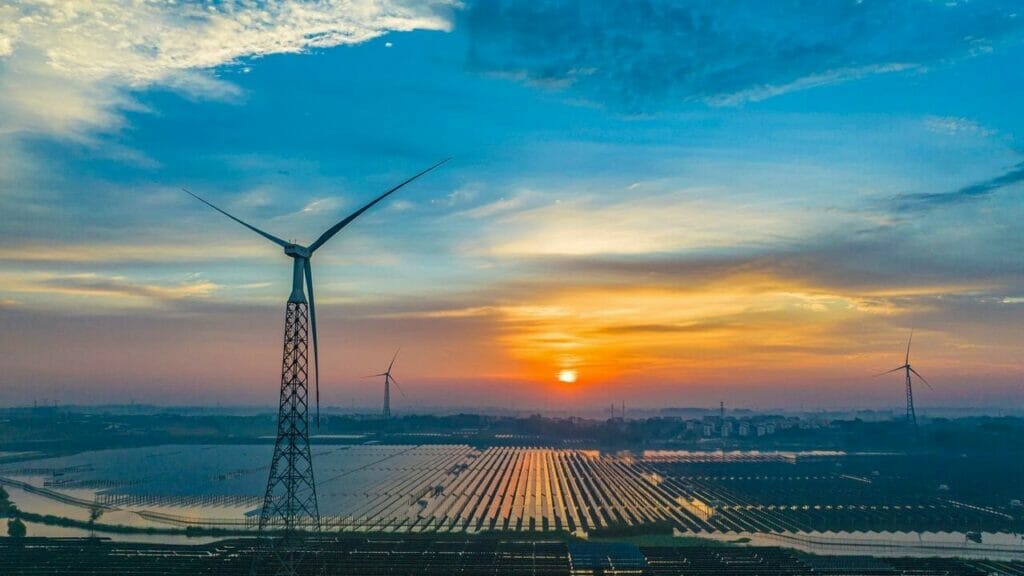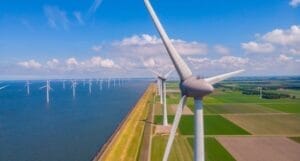The increasing impacts of climate change and the imminent need for sustainable solutions underline the importance of renewable energy. As the world faces an escalating environmental crisis, turning to renewable energy sources is no longer just an alternative – it’s a necessity.
A New Dawn: The Emergence of Renewable Energy Sources
Traditionally, our energy infrastructure has been dependent on finite sources like coal, natural gas, and oil. However, in recent years, there has been an undeniable shift toward renewable energies. These are energy sources that are constantly replenished and will never run out. The most common types of renewable energy include solar, wind, hydroelectric, geothermal, and biomass. Renewable energy technologies convert these resources into usable forms of energy – most often electricity. Solar panels convert sunlight, wind turbines capture wind, hydroelectric systems harness the power of flowing water, while geothermal energy exploits the Earth’s natural heat.

Importance of renewable energy
The importance of renewable energy lies in its sustainable and environmentally friendly nature. Unlike finite fossil fuels, renewable energy sources, such as solar, wind, hydro, and geothermal, can be replenished naturally. Embracing renewable energy helps reduce greenhouse gas emissions, mitigates climate change, and lessens our dependence on non-renewable resources. Additionally, it fosters energy security by diversifying energy supplies and creating local job opportunities in the renewable energy sector. Transitioning to renewables is crucial for building a cleaner, greener future and ensuring the well-being of both our planet and future generations.
Benefits of Renewable Energy: A Game-Changer for Our Planet and Economy
Renewable energy has numerous benefits that extend beyond simply reducing our carbon footprint. Firstly, renewable energy sources are abundant and free. They facilitate our dependency on fossil fuels, which are not only harmful to the environment but are also subject to volatile price changes and political instability. Additionally, renewable energy technologies create jobs. According to the International Renewable Energy Agency, the renewable sector could employ more than 40 million people by 2050. The development of renewable energy can also contribute to social and economic development, especially in remote and rural areas. Many of these places are not connected to the main power grid and renewable energy systems could be the key to providing them with affordable and reliable electricity.

The Power to Make a Change: Renewable Energy and Climate Change
Renewable energy plays a crucial role in mitigating the impacts of climate change. It helps reduce greenhouse gas emissions by replacing carbon-intensive energy sources. Electricity from renewable sources produces virtually no greenhouse emissions during operation and a tiny amount throughout their life cycle. Moreover, renewable energy sources do not consume water during operation, in stark contrast to thermoelectric power plants, which withdraw and consume large amounts of water.
What role does renewable energy play in the United States?
Renewable energy has assumed a pivotal role in shaping the United States energy landscape. With growing concerns over climate change and the need for sustainable energy sources, renewables have gained prominence. The U.S. has made substantial strides in adopting wind, solar, hydroelectric, and geothermal power, aiming to reduce greenhouse gas emissions and achieve energy independence. Initiatives at federal and state levels, along with technological advancements, have facilitated the integration of renewables into the national grid, diversifying the energy mix and fostering a cleaner, more resilient energy future.
The International Perspective: A Global Shift Towards Renewable Energy
The importance of renewable energy is being recognized on a global scale. The International Renewable Energy Agency reports that countries around the world are setting ambitious renewable energy targets. In 2020, global renewable energy capacity increased by 10%, despite the pandemic-related slowdowns. Governments are investing in research to advance renewable energy technologies and enacting policies to encourage the use of renewable sources. These efforts, combined with the public’s growing awareness and the business sector’s proactive measures, are driving the global transition to a sustainable energy future.

The Future of Energy: Renewable and Resilient
Adopting renewable energy isn’t just about making a greener choice. It’s about building a resilient, sustainable energy system that can adapt to changing circumstances and continue to meet our needs. This is where the importance of renewable energy truly shines. Renewable energy technologies are becoming increasingly efficient and cheaper, making renewable energy more accessible. Besides, they can be installed on various scales – from a small solar panel on your rooftop to massive offshore wind farms. This flexibility enables us to tailor our energy systems to specific needs and conditions.
Conclusion: A Sustainable Path Forward
The importance of renewable energy in our world today cannot be overstated. Our future rests on our ability to effectively harness the power of renewable energy sources. Renewable energy isn’t just the ‘right’ choice for our environment; it’s a smart, pragmatic decision for a sustainable future. With the ever-increasing effects of climate change, it’s time to shift the paradigm and make renewable energy our priority. In the grand scope of our civilization, using renewable energy is imperative. After all, we borrowed the Earth from our children, and we owe them a world where the air is clean, water is pure, and energy is abundant and sustainable.




